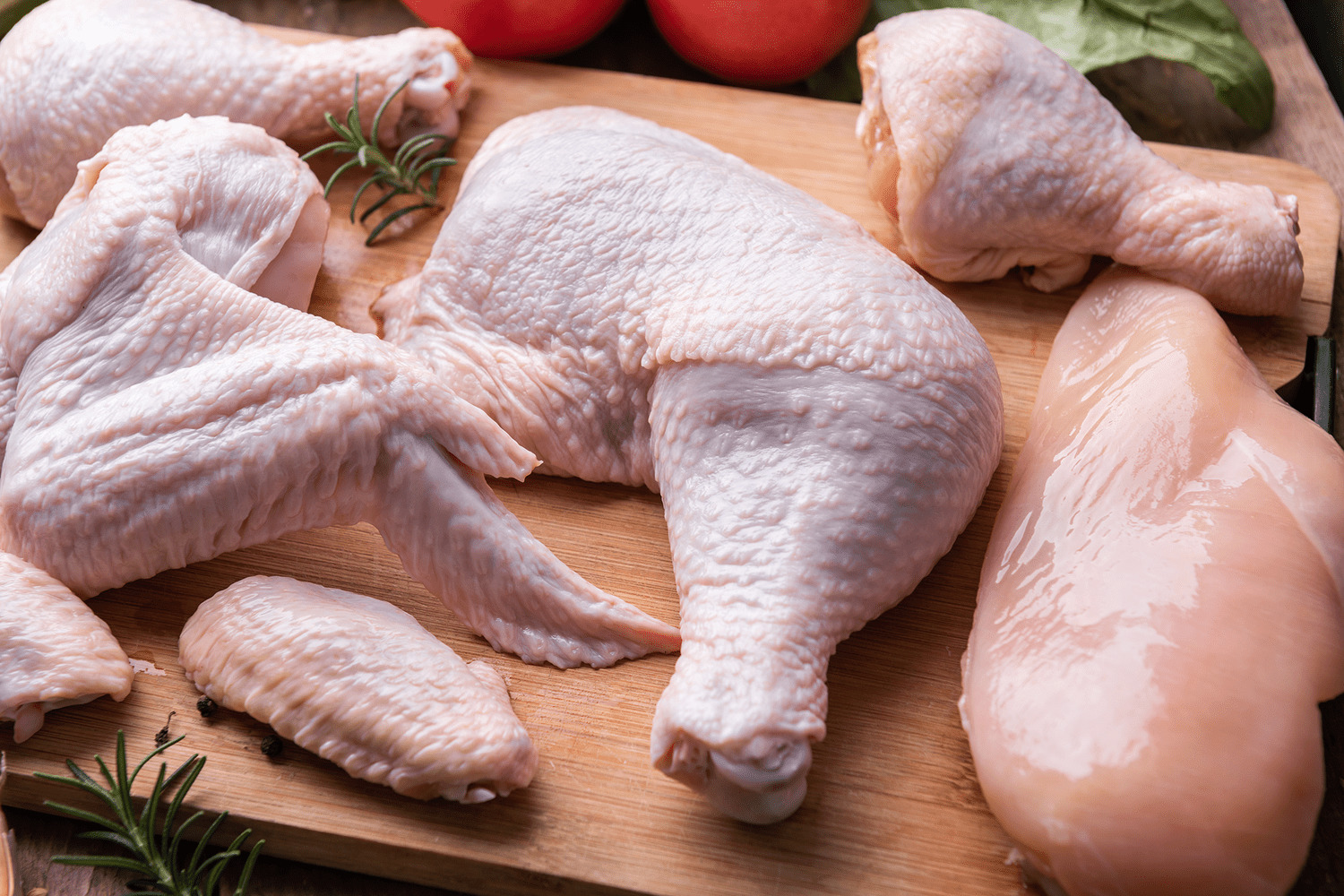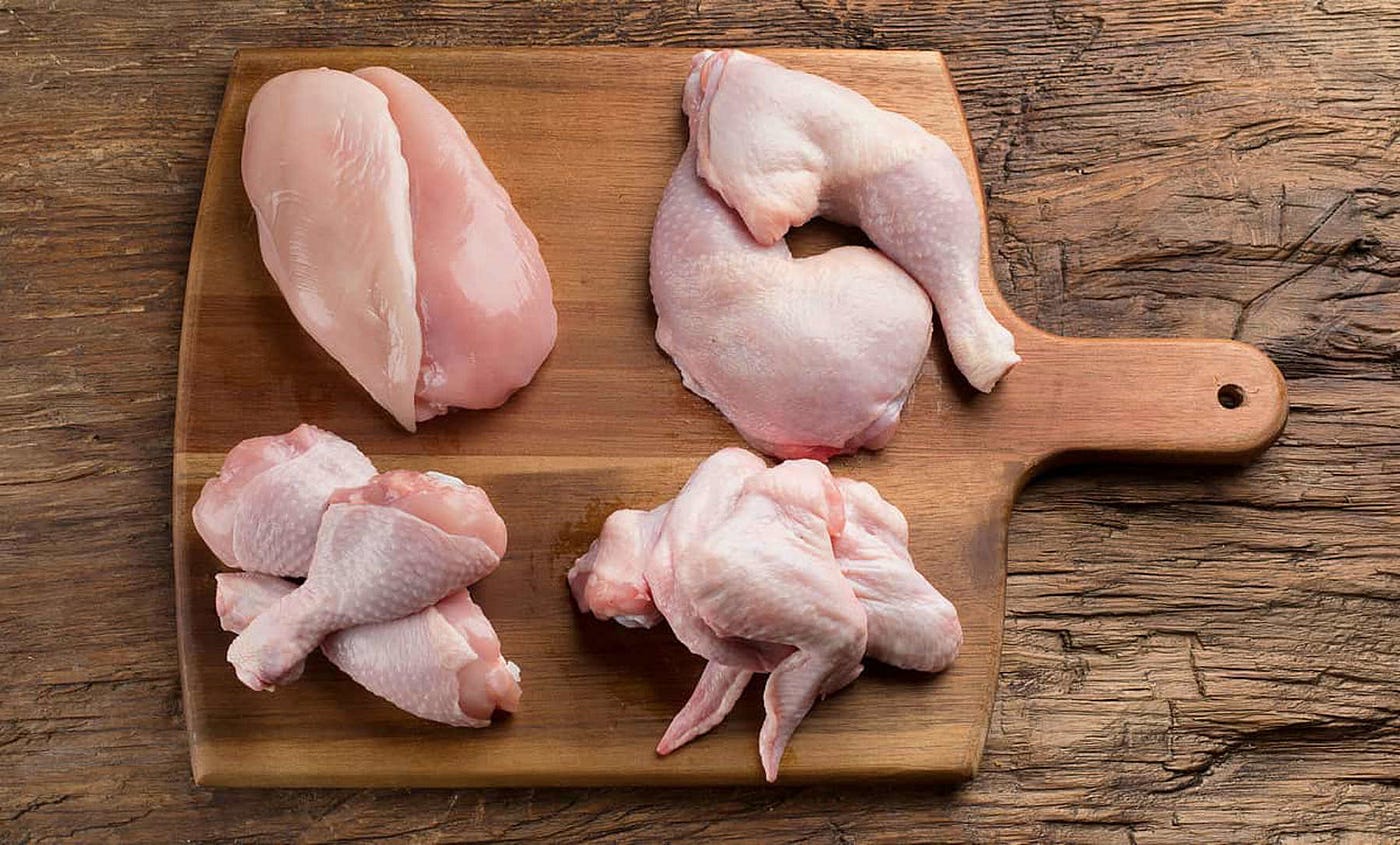In July, Swedish health officials raised an alert due to a significant rise in Campylobacter infections. The Public Health Agency of Sweden (Folkhälsomyndigheten) reported that during the first two weeks of July, cases of Campylobacter increased to nearly 100 per week. This number surged further in subsequent weeks, reaching 160 and then 210 cases weekly. The increase was observed across various regions of the country.
The spike in human infections aligns with a rise in Campylobacter among broiler flocks, as noted by the National Veterinary Institute (SVA). The Swedish Food Agency (Livsmedelsverket) pointed out that Campylobacter levels in chicken flocks typically rise during summer months, which often leads to a corresponding increase in human cases.
Mats Lindblad, an infection control coordinator at the Swedish Food Agency, emphasized the importance of proper chicken cooking techniques during the summer to mitigate the risk of illness.

A similar pattern was observed in July 2023, where contaminated chicken was believed to be a significant factor in the increased infection rates. The number of cases continued to rise into early August before declining at the start of September.
However, another peak in infections occurred in late September before returning to normal levels. This recurring trend highlights the seasonal nature of Campylobacter infections.
Data from previous years show a clear connection between the consumption of fresh chicken and Campylobacter infections. In 2023, there were 5,676 reported cases of Campylobacter, with an increase in travel-related infections compared to 2022, while domestic cases remained stable. Among domestic cases, the median age of affected individuals was 50, with the highest incidence observed in those aged 50 to 69.
To reduce the risk of infection, the Swedish health authorities recommend strict hygiene practices when handling raw chicken. This includes washing hands before and after handling raw meat, thoroughly cooking chicken to kill bacteria, and avoiding cross-contamination between raw meat and other foods. It is also advised to keep cutting boards and utensils clean to prevent the spread of bacteria.
